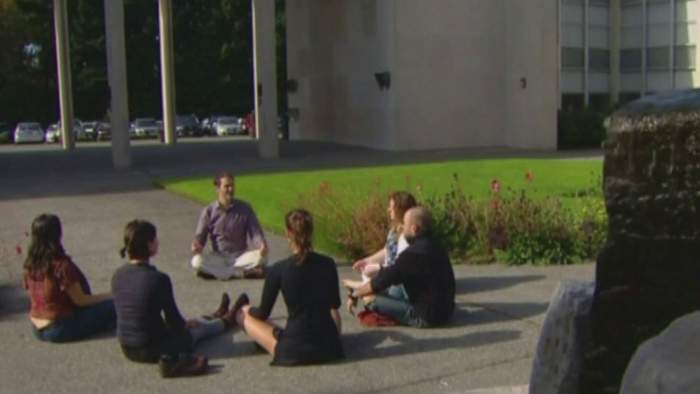Biden's Doctor Invokes Fifth Amendment in Health Records Probe: What Does It Mean for the Ex-President?

The investigation into former US President Donald Trump's health records took a dramatic turn this week when Dr. Kevin O'Connor, the physician who served as Joe Biden's White House doctor, invoked the Fifth Amendment during a deposition before the House Oversight Committee. This unexpected move has ignited a firestorm of speculation and raised serious questions about the nature of the information being sought and the potential implications for both Biden and Trump.
The Background: A Contentious Investigation
The House Oversight Committee, led by Republicans, has been aggressively pursuing access to Trump's medical records from his time in office. They argue that the public has a right to know the health status of a former president, particularly given Trump's questioning of the integrity of the 2020 election and his subsequent actions. The committee initially sought records from Walter Reed National Military Medical Center, but the National Archives declined to release them, citing privacy concerns. This led to the committee subpoenaing Biden's doctor, Dr. O'Connor, who had previously treated Trump.
O'Connor's Fifth Amendment Plea
During his deposition on Wednesday, Dr. O'Connor refused to answer numerous questions, citing his Fifth Amendment right against self-incrimination. This means he believed that answering those questions could potentially expose him to criminal charges. The specific questions he declined to answer remain confidential, but sources suggest they likely revolved around the details of Trump's medical history and the extent of O'Connor's knowledge of it.
Why the Fifth Amendment?
Invoking the Fifth Amendment is a serious matter. It suggests that Dr. O'Connor’s legal team believes there is a legitimate risk that his testimony could be used against him in a legal proceeding. This could be due to concerns about potential violations of privacy laws, medical confidentiality agreements, or even allegations of misconduct related to Trump’s treatment. It’s important to note that invoking the Fifth Amendment does not imply guilt; it simply means the witness is asserting their right to avoid potentially incriminating themselves.
Political Ramifications
The situation has significant political ramifications. Republicans are likely to portray O'Connor's actions as evidence of a cover-up, suggesting that there is something to hide regarding Trump's health. Democrats, on the other hand, are likely to defend O'Connor's right to invoke the Fifth Amendment and argue that the investigation is a politically motivated witch hunt.
What's Next?
The House Oversight Committee is expected to continue its investigation, potentially seeking other witnesses and documents. Legal experts anticipate a protracted legal battle over the release of Trump's medical records. The committee may also face challenges in compelling other individuals to testify given O'Connor's example. The case highlights the complex intersection of privacy rights, political accountability, and the public's right to know when it comes to the health of former leaders.
This situation underscores the delicate balance between protecting an individual's privacy and ensuring transparency in government, particularly when it concerns the health of someone who once held the highest office in the land. The legal and political fallout from Dr. O'Connor’s decision is likely to reverberate for some time.






